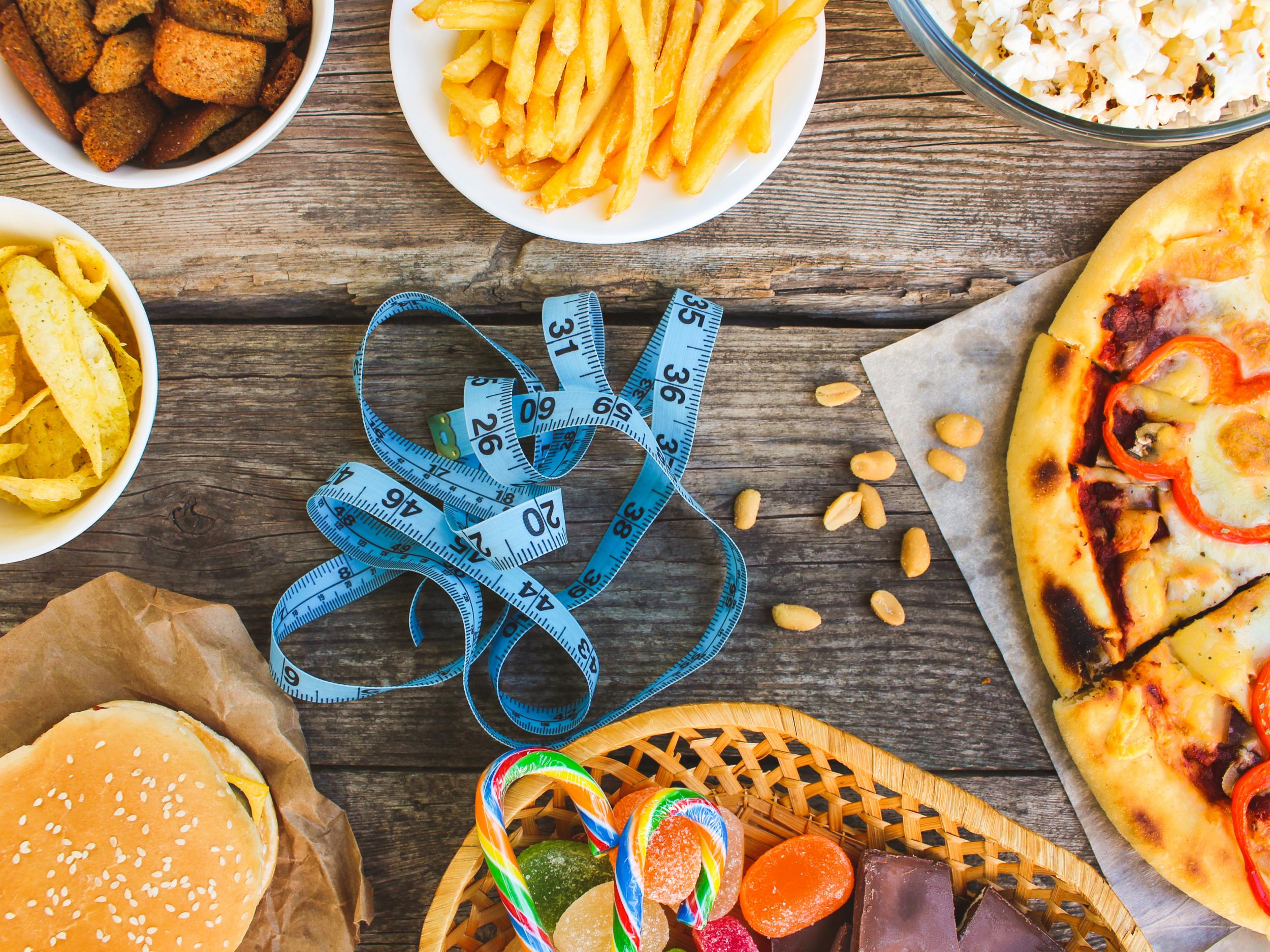Glaucoma drug stops weight gain even on a high-fat diet, study shows
Intestinal gateway which allows fat to be absorbed can be shut with drug already approved to treat blindness-causing condition and could be useful in treating obesity

Your support helps us to tell the story
From reproductive rights to climate change to Big Tech, The Independent is on the ground when the story is developing. Whether it's investigating the financials of Elon Musk's pro-Trump PAC or producing our latest documentary, 'The A Word', which shines a light on the American women fighting for reproductive rights, we know how important it is to parse out the facts from the messaging.
At such a critical moment in US history, we need reporters on the ground. Your donation allows us to keep sending journalists to speak to both sides of the story.
The Independent is trusted by Americans across the entire political spectrum. And unlike many other quality news outlets, we choose not to lock Americans out of our reporting and analysis with paywalls. We believe quality journalism should be available to everyone, paid for by those who can afford it.
Your support makes all the difference.A drug used to treat the eye condition glaucoma could be part of the recipe to gorging on fatty foods without gaining weight, a new study has found.
Scientists from Yale University in the US have found a way to reshape the portals in the gut which allow fat to be absorbed into the body, flattening them and severely restricting fat particles’ ability to pass through.
They identified two key genes in the gut cells which when removed lead to these gut cells becoming zippered, rather than staying in an open, button shape. Mice with these missing genes were fed a high fat diet over eight weeks and didn’t gain weight, while two normal mice rapidly became obese.
Understanding this mechanism led the Yale team to a group of drugs already approved for use in humans which produced a similar effect and could lead to the next generation of weight control drugs.
“We made a mouse that eats fat but doesn’t get fat,” said Dr Feng Zhang, the lead author of the paper published in the leading journal Science.
“Fat is taken up into the body in the gut through lymphatic vessel portals called lacteals… In the mice that we created, the lacteals become ‘zippered’ and fat particles can no longer penetrate them. The fats are excreted rather than taken up into the circulation system, and the mouse doesn’t gain much weight even though it is fed with a high fat diet.”
This research is the first to show that lacteals are a key junction on fat’s roundabout journey from the intestines to the blood stream – the point where they are either burnt up for energy and nutrients or go on to be stored.
While they can be closed genetically this wouldn’t be an option in humans so the team looked at a drug that may have a similar effect, turning to a group of molecules called Rho kinase (Rock) inhibitors.
These are used in the degenerative sight condition glaucoma to tackle the pressure on the optic nerve which leads to blindness.
“This inhibitor, when injected to normal mice, relaxes cytoskeletal [the cell’s internal support] tension and also results in button-to-zipper conversion in lacteals, and stops fat absorption,” Dr Zhang added.
“Based on our results, we believe that such drugs should be tested for effects on lipid absorption and weight loss and may be useful for treatment of obesity.”
Despite these promising experimental findings independent experts said there could be unintended consequences of shutting off this pathway in humans.
“Zippering junctions in lymphatics could impair uptake of essential nutrients in chylomicrons [fat packages] or have adverse effects by compromising fluid drainage and immune cell trafficking, said Professor Donald McDonald from the University of California, San Francisco, also writing in Science.
“Nonetheless, the discovery that the uptake of intestinal fat is determined by the structure of junctions in lymphatic endothelial cells opens new avenues for investigating the regulation of body weight.”
Join our commenting forum
Join thought-provoking conversations, follow other Independent readers and see their replies
Comments